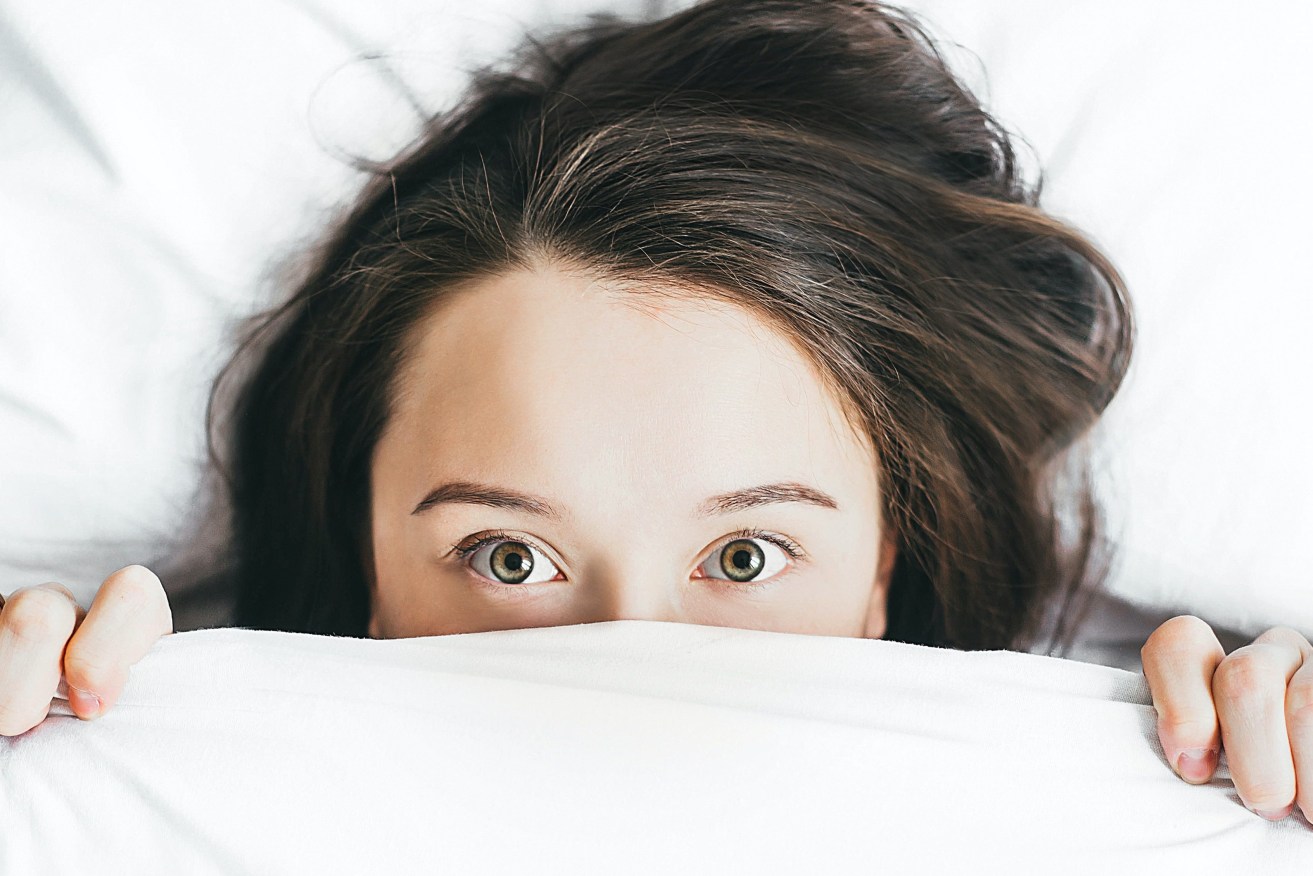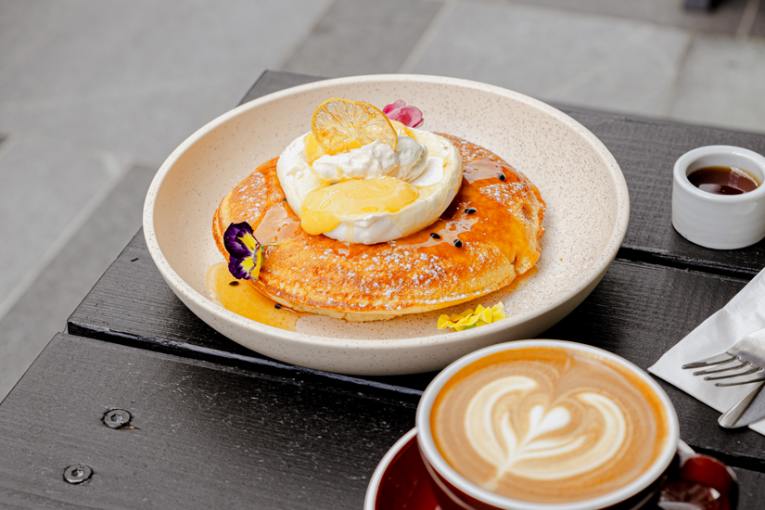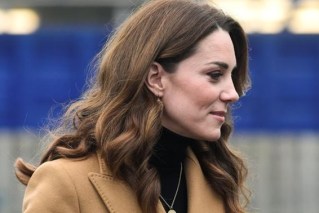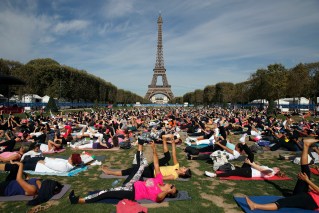On World Sleep Day, a warning not to lose on your snooze
Australians are losing sleep over the cost of living crisis, with one in three blaming financial pressure for their declining quality of rest.

That’s the finding from medical equipment company ResMed’s global sleep survey, which has also revealed 42 per cent of Australians usually wake up feeling tired – the second highest proportion among a dozen countries.
More than 50 per cent of Australians report stress has affected their sleep since Covid-19, and only one in 10 wake up feeling refreshed.
The average Australian also has 6.9 hours of sleep each night, which is below the recommended period of between seven and nine hours, the survey found.
It is fewer hours than most people in other surveyed countries get, with the exception of Japan and the UK, where people average 6.5 hours and 6.8 hours respectively.
Sleep is an essential pillar of health alongside diet and exercise, and many important functions happen during sleep to help the body repair itself, Sleep Health Foundation chief executive Dr Moira Junge says.
“We urge the community and the government to take sleep seriously,” Junge said.
The survey fielded answers from more than 20,000 people across the US, Germany, France, Korea, Mexico, Singapore, Brazil, China, India, Japan, the UK and Australia.
The release of the survey’s results came ahead of World Sleep Day on Friday.
A consistent lack of sleep was associated with health consequences including an increased risk of diabetes, obesity, hypertension, depression, heart attack and stroke, ResMed warned.
ResMed sleep physiologist Tim Stephenson described the finding that just one in 10 Australians were waking up feeling refreshed as “worrying”.
Gen Z and millennials were getting the most sleep on average worldwide, while baby boomers were getting the least, the survey found.
Millennials were also the most likely to use a sleep tracker and among the most likely to be satisfied with their quality of sleep.
Those who worked remote jobs were getting more sleep than others, and men were most likely to be satisfied with both their quantity and quality of sleep.












